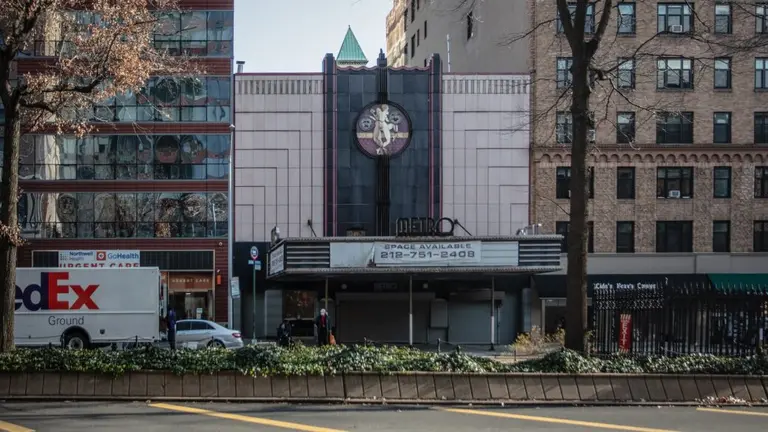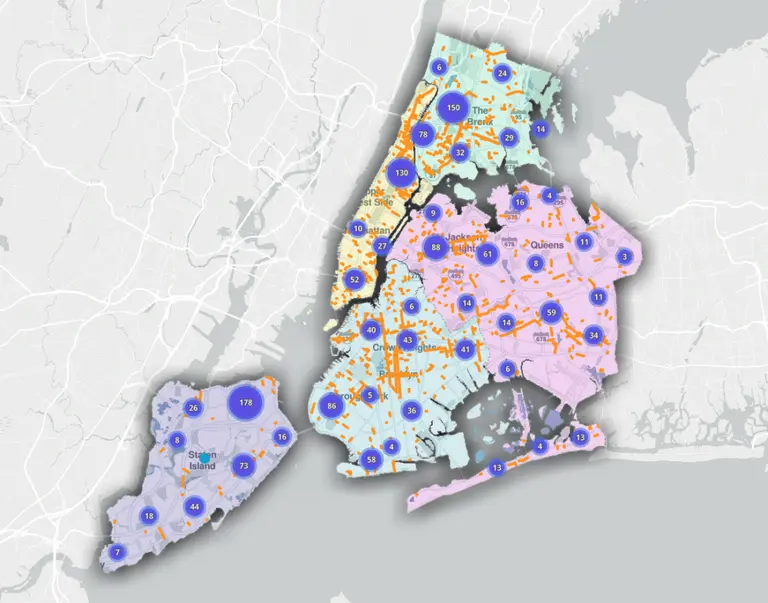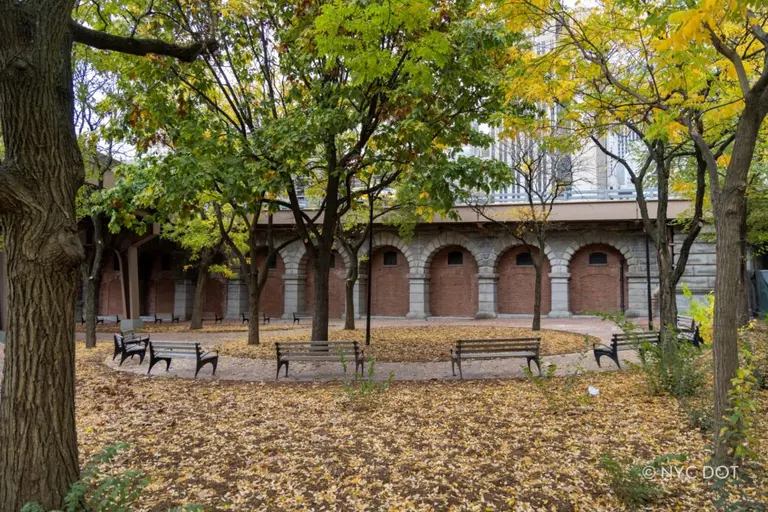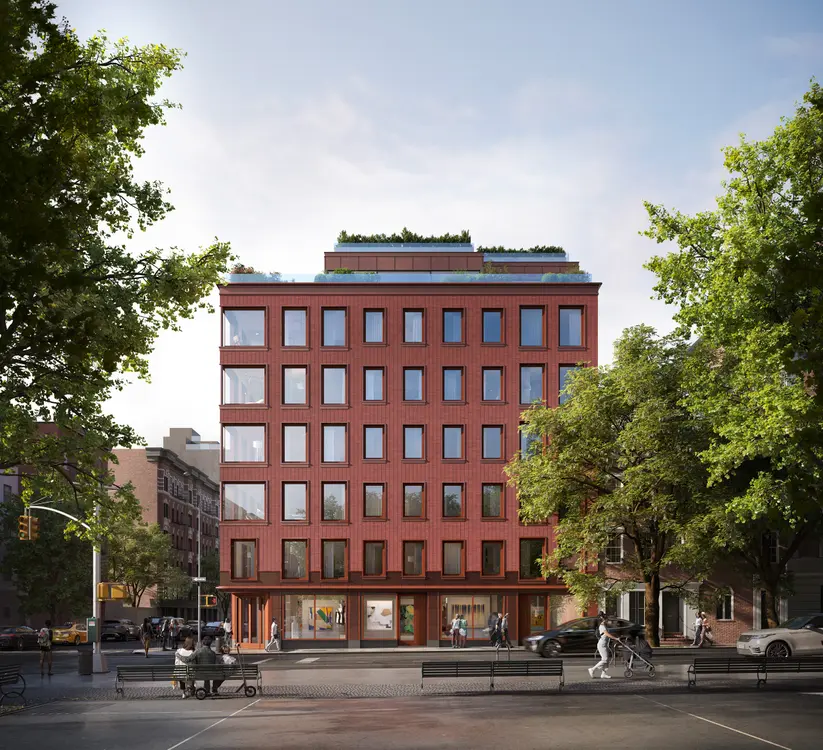Residents in the noisiest NYC neighborhoods are healthier, says new study

While loud noise has been found to be harmful, new research shows residents who live in the loudest NYC neighborhoods may be healthier than residents living in quieter nabes. According to a study by NYU Langone Medical Center, neighborhoods that called in the most noise complaints to 311 had residents with a lower body mass index and blood pressure (h/t Metro NY). While researchers do not believe the actual noise is behind the healthier numbers, the study points to an area’s walkability to be a contributing factor to the health of residents.

In the study, which was part of a broader look at low-income housing and health, researchers compared the number of noise complaints filed in 2014 by looking at New York’s 311 phone system against the BMI and blood pressure of 102 resident’s in the city’s neighborhoods with the most noise pollution. While noise pollution, which includes loud sounds from airplane and car traffic, has been linked to high-stress levels, hearing loss, sleep disturbance, and hypertension, the data revealed a new result. Low-income residents living within a five-block radius where more than 1,000 noise complaints were filed, had an average BMI that was 2.72 points lower than residents in neighborhoods without any complaints. According to Science Daily, the average blood pressure was 5.34 points lower in noisy neighborhoods than in quieter ones.
The neighborhoods of NYC with the most noise complaints were mostly in Manhattan, especially areas like Times Square and other parts of Midtown, and even in Queens. Outer boroughs, like the Bronx and Staten Island, made notably fewer noise complaints to 311.
One researcher in the study, Dustin Duncan, said: “We essentially think it’s not noise necessarily, we think it has to do with walkability,” he said. “Many neighborhoods in New York City that are noisy, such as Times Square, tend to be neighborhoods that are highly walkable.”
In addition to walkability, the study hypothesized that social factors and peer pressure may make New Yorkers in more fashionable neighborhoods care more about their fitness levels than less fortunate residents in less noisy parts of the city. NYU Langone researchers plan on continuing their study in further detail to better assess the impact of neighborhood noise on health.
[Via Metro NY]
RELATED:
Get Insider Updates with Our Newsletter!
Leave a reply
Your email address will not be published.


























This is a flawed study as there is no evidence of noise complaint levels being linked to actual noise levels. People near train lines don’t call every time a train passes. And less than 0.1% of the population are responsible for more than 90% of noise complaints. So I think we should wait for research correlating actual noise with health outcomes. There is lots of research that has done this and they almost always conclude that noise worsens health outcomes.